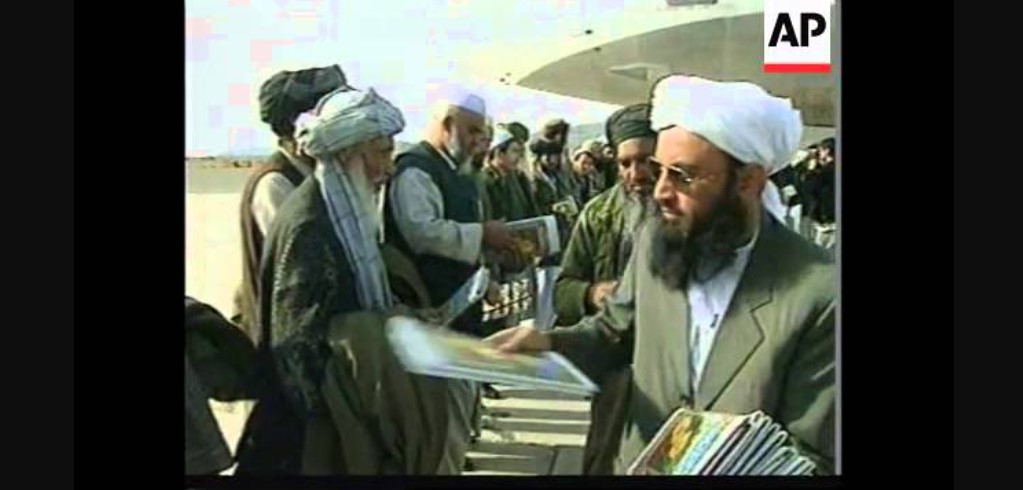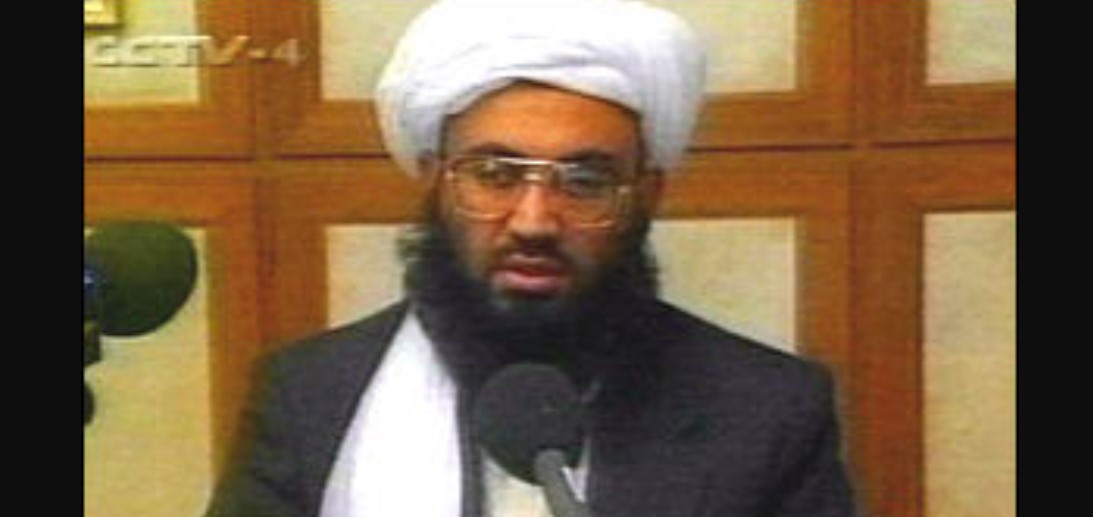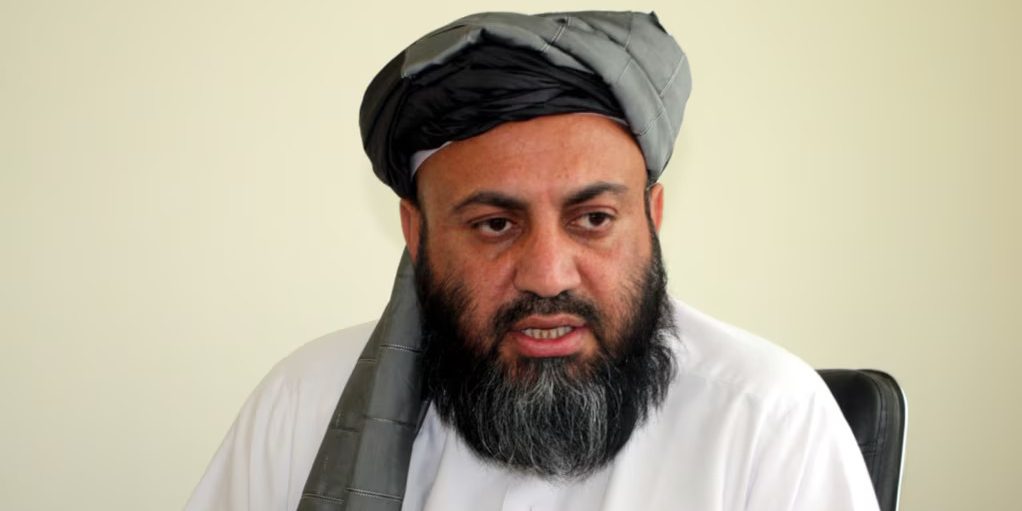Netflix’s ‘IC 814: The Kandahar Hijack‘ is an Indian historical thriller series that recounts the hijack of an Indian Airlines flight by a group of Taliban terrorists in December 1999. En route Kathmandu-Delhi, the IC 814 flight was diverted to Kandahar once the terrorists took control. At the time, Wakil Ahmed Muttawakil was the Foreign Minister of the Taliban, and he made several commitments to the then-Indian Finance Minister, Jaswant Singh, during the negotiations with the hijackers. With the lives of hundreds on the line, Wakil acted as an interlocutor at Kandahar who assured Jaswant that the terrorists would be taken into custody as soon as they landed in Kandahar, but he went back on his word and allowed the hijackers to escape.
Wakil Ahmed Muttawakil Surrendered Himself to the Authorities and Became a Changed Man Upon Release
A few years after the hijacking, in February 2002, Wakil Ahmed Muttawakil reportedly surrendered himself to Kandahar authorities, who in turn handed him over to the US military base in Afghanistan at Bagram Air Base. While he was held without charge or trial, it was alleged that he and other captives were reportedly tortured by the officials. After 18 months of detention in Bagram, on October 8, 2003, Wakil was reportedly released from captivity after negotiation with the Taliban in Kandahar.

After the release, Wakil returned to his family in Kandahar, where he was ordered to remain under Afghan house arrest for a while. Once the house arrest came to an end, he appeared to have been opposing notions from the Taliban regime. For instance, he was open to the idea of female education as long as it was part of Afghan culture. He also admitted that supporting terrorism and terrorists like Osama bin Laden and Al Qaeda only caused harm to Afghanistan. However, there were a few Taliban policies that he still agreed with. When the Taliban was notified about Wakil’s changed opinions, they disowned him on October 21, 2003. Around 2007, it was reported that he moved to Kabul.
Wakil Ahmed Muttawakil Talked About Afghanistan’s Internal Conflict in 2015
There haven’t been many significant updates on Wakil Ahmed Muttawakil since then. However, in June 2015, the former foreign minister of the Taliban got involved in a conversation with Radio Free Afghanistan and expressed his opinions on how the Taliban and the Afghan government could put an end to the state of protracted war in Afghanistan. When asked if the Taliban wanted a peace deal, he responded, “There is no doubt that after every war, there is peace. I also know that most Afghans desire peace and reconciliation. But official negotiations have not begun yet, and there has not been an agreement on a cease-fire. I cannot see any progress in this regard anytime soon. I do not expect any side of the conflict to agree to a cease-fire or to end the war altogether.”

In his opinion, a formal agreement between the Taliban and the Afghan government was a necessity in order to implement a cease-fire. At the time, he said while the government of Afghanistan swears to safeguard their land and rights, the Taliban urges they are fighting “a holy war.” He elaborated on how the former had to make an initiative and show commitment to the cause if they wanted to see any results. “The Afghan government is relying on neighbors and some international powers to bring peace. But it will be difficult for these efforts to bear fruit unless Afghans themselves work towards making the peace work,” he explained. When asked if the Afghans had no idea how to bring eternal peace to the country, he said that it was the fault of both sides.
He elaborated, “They truly need to try to understand each other’s circumstances, positions, and limitations. The Afghan government, for instance, assumes that Pakistan holds the key to resolving all Afghan problems. It assumes Islamabad has control (over the Taliban), and that reconciliation and agreements with Pakistan will solve all of Kabul’s problems. But the reality is different.” Muttawakil said he believes that though the contribution of other countries involved in the matter is of significance, “real commitment” from Afghans is what is required to see some solid breakthrough. Expecting peace to be brokered by neighboring countries is merely wasting time.” As of today, Wakil Ahmed Muttawakil prefers not to draw any attention towards him and stay away from the limelight as much as possible.
Read More: IC 814: Is DRS Based on a Real Person? Where is Vivek Katju Now?


You must be logged in to post a comment.